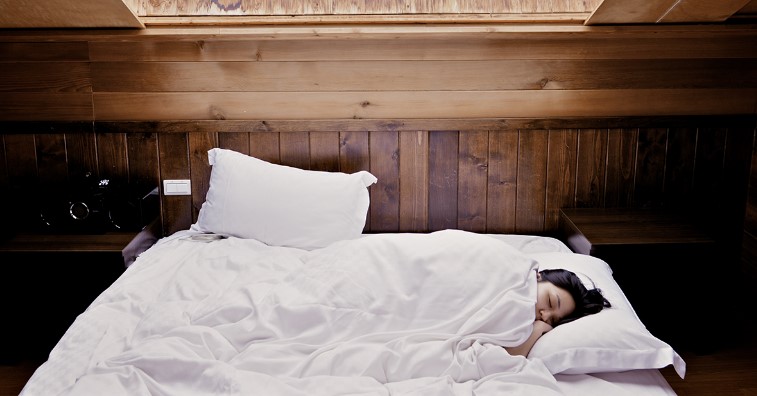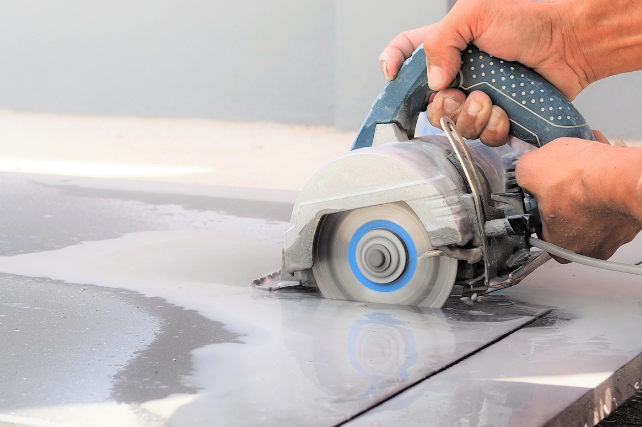Firm vs. Soft Mattress: Exploring the Pros and Cons for a Better Sleep Experience

We compare firm and soft mattresses to help you sleep well. Finding the right mattress for restful sleep requires understanding the pros & cons of firm vs. soft mattresses. We’ll uncover each mattress’s comfort, support, pressure alleviation, and personal preference secrets.
Join us as we uncover the perfect firm-to-soft balance for your sleep sanctuary. Prepare to make an informed decision that will transform your sleep and leave you feeling refreshed and ready to take on the world. Firmness vs. softness!
Pros and Cons of Soft Mattresses
Pressure alleviation is where the true value of soft mattresses may be found. They allow people who sleep on their sides to sink in a little further, relieving the pressure that would otherwise be felt on the shoulders and hips. Additionally, individuals tend to refer to softer mattresses as more “comfortable.”
Soft mattresses are typically deficient in support, despite their ability to relieve pressure and provide a very high level of comfort. They are not normally able to support greater weights and do not always offer sufficient support for sleeping on one’s back or stomach. They are limited in their capacity to accommodate heavier weights.
When people are more likely to sink into a soft mattress, it might make it more difficult to move around and change positions while sleeping. As they sink in, individuals may also complain of having trouble sleeping cool because a significant area of their body is cut off from the airflow in the bedroom.
Pros and Cons of Firm Mattresses
Various advantages come with sleeping on a firm mattress, the most important of which is support. Firm mattresses are more supportive than soft mattresses, holding the body up rather than allowing it to sink in too much. Firm mattresses are also more comfortable to sleep on. When lying down on a firm mattress, most people will feel that they are sleeping “on top” of the mattress and shouldn’t have any significant difficulties moving around.
Because of this, firm mattresses can maintain a more comfortable temperature than soft beds. When one lies “on top” of their mattress, a greater portion of their body is exposed to the air circulating in the bedroom. This might be uncomfortable.
However, although firm mattresses provide excellent support, they are not the best option for relieving pressure on the body. When lying on a firm mattress, those who sleep on their sides may experience significant pressure on their shoulders and hips. Although everyone has a different idea of comfort, many don’t find firm mattresses very “comfortable.”
Can a firm mattress become softer?
Firm mattresses may become softer as the materials deteriorate and droop over time. Low-density foam mattresses will experience this sooner. Although latex and premium coils, resilient materials, won’t soften as rapidly, they should eventually do so.
Is a soft or firm mattress better for side sleepers?
A soft mattress is going to be preferable for side sleepers. Since soft mattresses provide excellent pressure alleviation, side sleepers shouldn’t experience significant pressure on their shoulders and hips.
How firm of a mattress should I have?
Depending on the type of sleeper you are, this may be. While side sleepers prefer a softer mattress, back and stomach sleepers prefer a firmer mattress.




